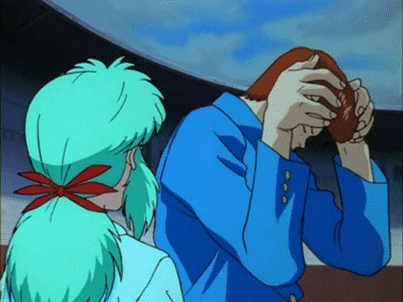Sukeroku is a bad person and does not really deserve much sympathy for the consequences of his actions. I think it is perfectly reasonable for him to have been expelled by his master. My perception of the culture of Rakugo as presented though, extends beyond Sukeroku. The former Sukeroku for example, was apparently a very talented performer as well. Yet he was forced out because the natural son was insecure and jealous. After being forced out, he was unable to perform anywhere respectable and ended up poor, homeless, and unknown. After the current Sukeroku was expelled, it is said that he was unable to find work anywhere, even though he was extremely popular with audiences before that. This seems to indicate a systemic problem, unless it is poorly presented in the narrative for dramatic purposes.
By showing that more progressive Rakugo performers are more popular with audiences, but are forced out because of tradition and bias, the narrative paints a very specific picture. If instead such performers are simply able to get work after being forced out because of their own personal problems, that would be different. Sukeroku never had problems getting asses in seats whenever he performed even when he was drinking, womanizing, and ignoring his personal hygiene. Why is it that after getting expelled by his master, he can't book a single performance anywhere? The problem here, in terms of the artform being held back and audiences being deprived of what they want to see, rests with the organizational structure, not Sukeroku's indiscretions.








